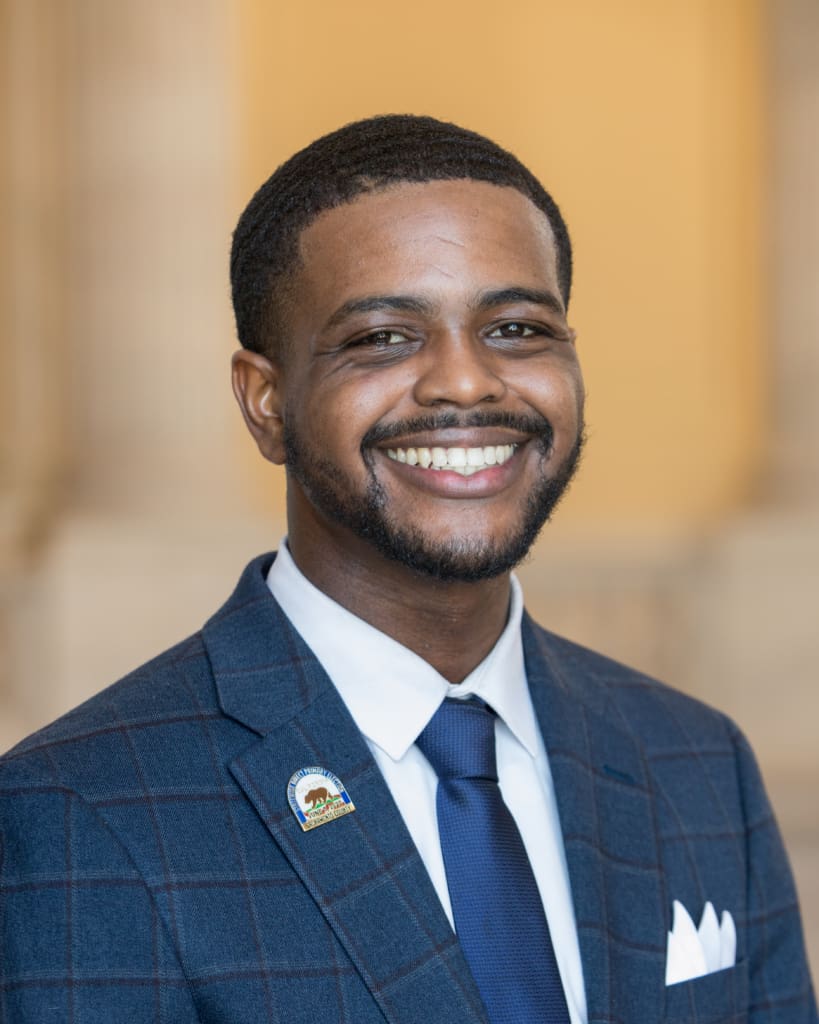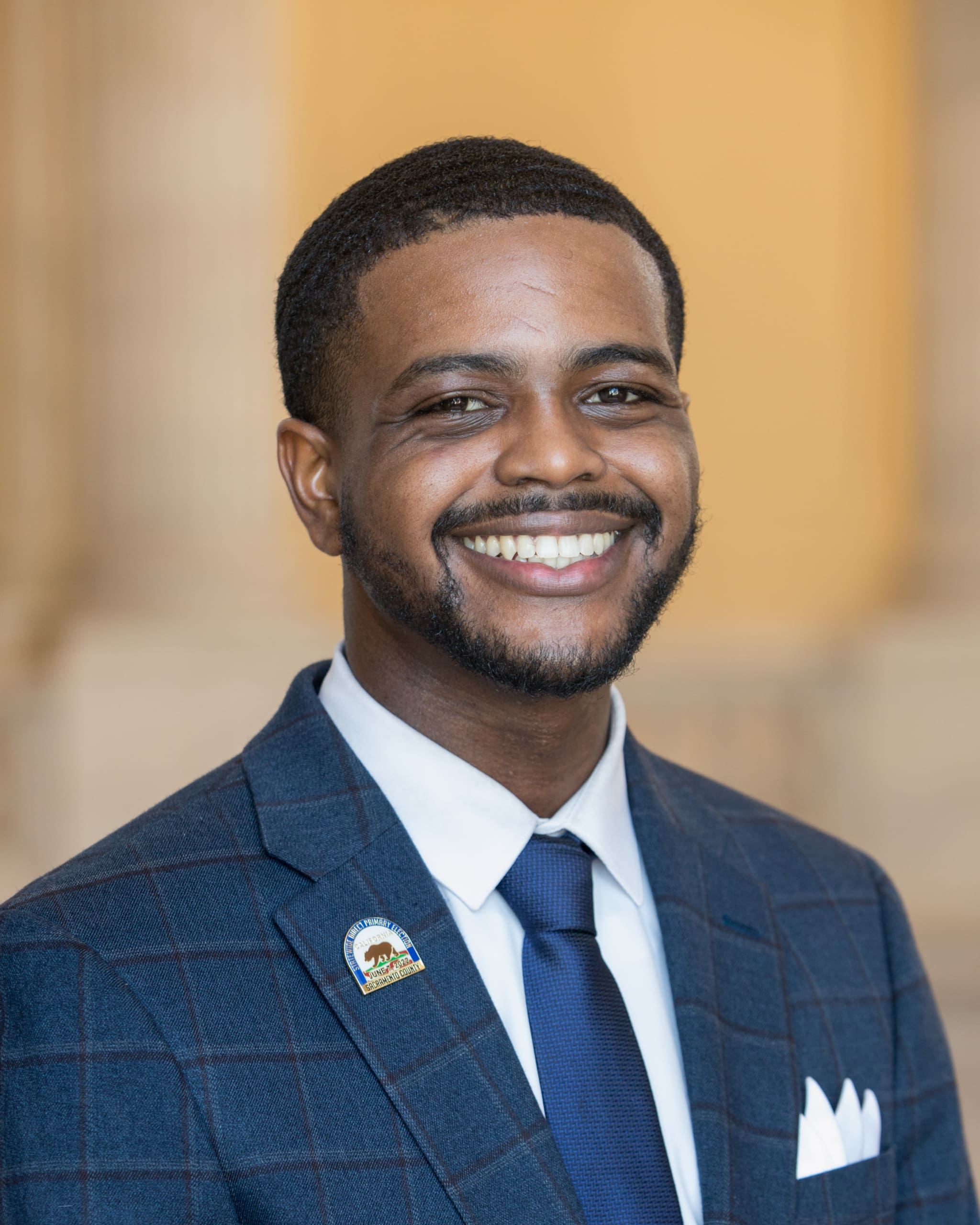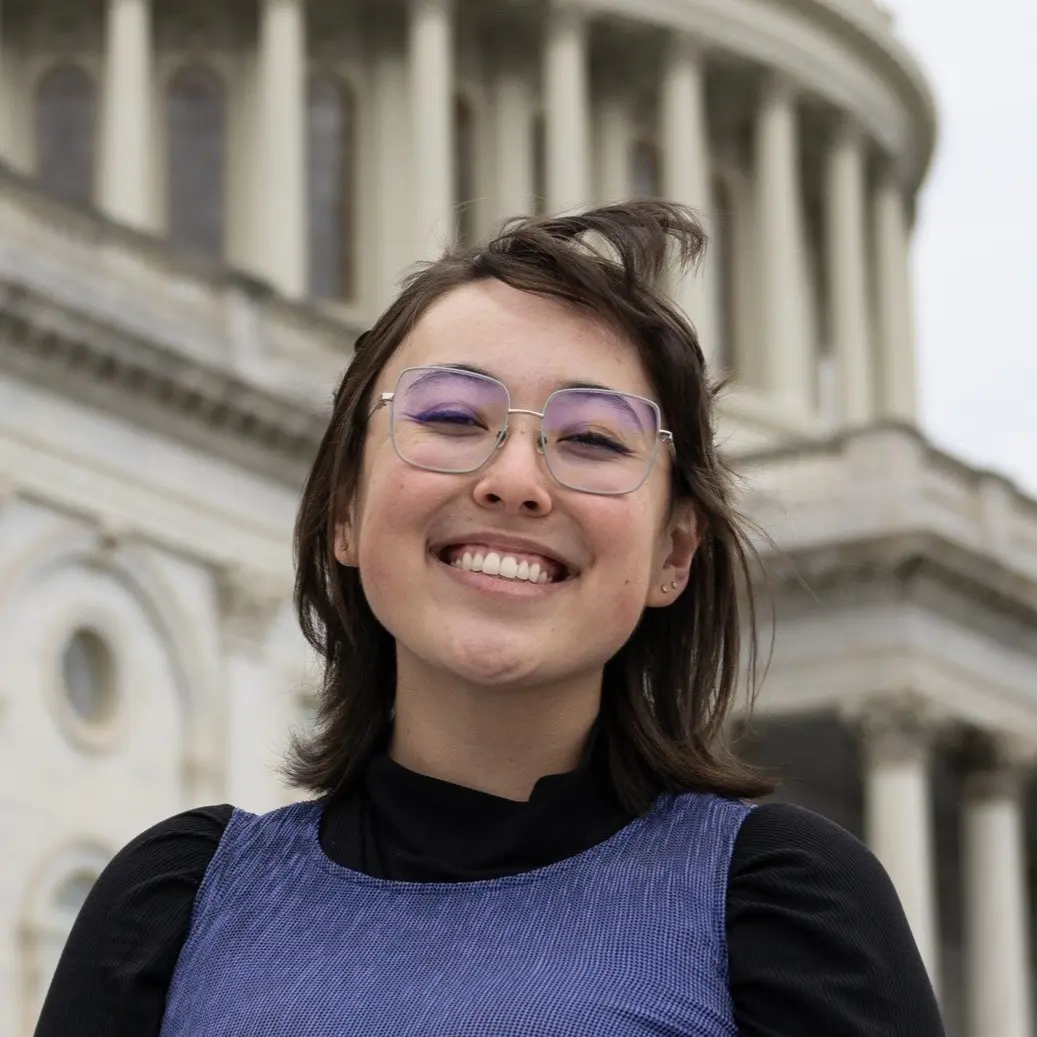
OUT ON THE HILL is the official blog of the Victory Congressional Interns. Views expressed do not necessarily reflect those of LGBTQ+ Victory Institute. Learn more about the internship at victoryinstitute.org/vci.
_______________________
Diversity, Equity, and Inclusion (DEI) initiatives were never quick to take root in corporate America. For years, businesses resisted structural changes, opting for surface-level diversity efforts rather than genuine institutional transformation. Yet, following the racial reckoning of 2020—sparked by the murder of George Floyd and the nationwide protests demanding justice—corporate America scrambled to catch up. Companies poured millions into DEI programs, hired Chief Diversity Officers, and made bold pledges about changing workplace culture.
As quickly as these efforts surged, they just as swiftly began to disappear. The 2024 election of Donald Trump signaled a shift, emboldening many to abandon their commitments to diversity and inclusion. Suddenly, DEI offices were slashed, programs were quietly dissolved, and the very language of inclusion was deemed controversial. The backlash against DEI wasn’t just limited to corporations. State governments, universities, and nonprofits followed suit, either out of political pressure or fear of public scrutiny.
Yet, while corporations may retreat from DEI, the work of fostering diverse, equitable, and inclusive communities does not disappear. In fact, it shifts from boardrooms to neighborhoods, from corporate policies to local initiatives. True change has never solely depended on corporations; it thrives in the hands of communities that continue to prioritize understanding, representation, and shared opportunity.
As the youngest city commissioner in Elk Grove’s history, with the honor of serving on the Diversity and Inclusion Commission, I brought a fresh perspective on how these initiatives should be pushed forward and how to incorporate the city’s youth in these efforts. I witnessed firsthand how local communities can champion diversity without it becoming divisive. When approached correctly, DEI initiatives do not alienate; they create spaces where cultural differences are embraced, celebrated, and understood. Our work was not about forcing people into rigid categories or playing into political narratives—it was about ensuring that all residents, regardless of background, had equitable access to city resources, opportunities, and a voice in decision-making.
One of the most rewarding aspects of my tenure was seeing how diverse communities in Elk Grove could come together to celebrate cultural heritage without it becoming a point of contention. Events that highlighted Black, Native American, Middle Eastern, Asian, and Latino cultures weren’t designed to exclude anyone. Rather, they fostered an environment where learning and appreciation took center stage. We created platforms for young leaders from underrepresented backgrounds to gain mentorship and to see themselves reflected in leadership positions. We worked to ensure that small businesses owned by marginalized groups had access to city contracts and funding so that economic opportunity wasn’t reserved for a select few.
The corporate retreat from DEI should not discourage those of us who believe in its mission. Rather, it should serve as a reminder that lasting change is never top-down—it is built from within communities that refuse to let inclusivity be dictated by political whims. Equity can still be sought through local advocacy, education, and community-led programs. Inclusivity can still be achieved by ensuring that public spaces and civic institutions represent the people they serve. Diversity does not have to be divisive; it can be the bridge that fosters better understanding, greater opportunity, and a shared sense of belonging.
DEI may be fading in corporate America, but its principles remain alive in the work we do every day. It is up to us—our communities, our cities, and our leaders—to ensure that diversity, equity, and inclusion are not just corporate buzzwords, but real, lasting commitments to a more just society.


